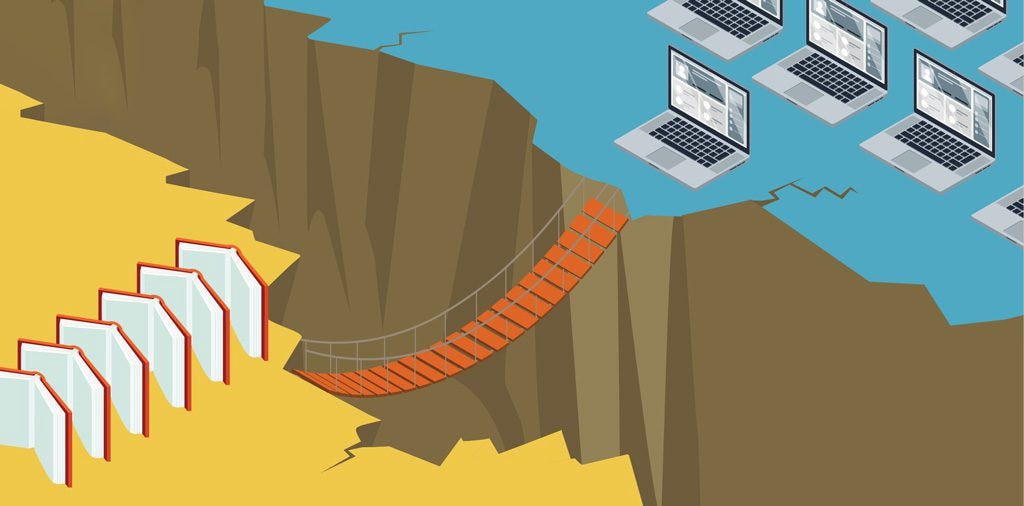Content creators and entrepreneurs share many similarities, including the drive to innovate, manage projects, and build an audience or customer base. However, while they often overlap in their roles and skills, there are distinct aspects to consider. Here’s a closer look at how content creators can be considered entrepreneurs and the unique characteristics of each role.
Understanding Content Creators
What Is a Content Creator?
Content creators produce various forms of media, including videos, blog posts, social media updates, podcasts, and more. They aim to engage, inform, entertain, or persuade their audience through their content. Content creators often work independently or as part of a team, and their work spans various platforms and formats.
Skills and Responsibilities
Content creators typically possess skills in writing, video production, graphic design, and digital marketing. Their responsibilities include researching and developing content ideas, producing high-quality content, and engaging with their audience. They also analyze performance metrics to refine their content strategies.
Understanding Entrepreneurs
What Is an Entrepreneur?
An entrepreneur is an individual who starts, manages, and grows a business or organization, typically with the goal of making a profit. Entrepreneurs identify opportunities, take risks, and innovate to create and deliver products or services. They handle various aspects of business management, including finance, marketing, and operations.
Skills and Responsibilities
Entrepreneurs need a diverse skill set, including business strategy, financial management, leadership, and marketing. They are responsible for planning, executing, and scaling their business ventures. Entrepreneurs often focus on creating value through their products or services and achieving long-term growth.
Are Content Creators Entrepreneurs?
Shared Traits
Innovation and Creativity
Both content creators and entrepreneurs are driven by innovation and creativity. Content creators develop unique and engaging content, while entrepreneurs create new business ideas and solutions. Both roles require a strong vision and the ability to think outside the box.
Self-Motivation and Independence
Content creators and entrepreneurs often work independently and are self-motivated. Content creators manage their own content schedules and strategies, while entrepreneurs drive their business ventures and make key decisions independently.
Audience Building
Content creators focus on building and engaging an audience, similar to how entrepreneurs work on growing their customer base. Both roles require effective communication and marketing skills to attract and retain their target audience.
Distinct Aspects
Business Management
While content creators may handle aspects of business management, such as monetizing their content and negotiating with brands, entrepreneurs typically manage a broader range of business functions, including finance, operations, and team management. Entrepreneurs often build and scale businesses with multiple revenue streams and a larger organizational structure.
Revenue Models
Content creators often monetize their work through direct methods such as ad revenue, sponsorships, or subscriptions. Entrepreneurs may explore various revenue models, including product sales, service contracts, and investments. The revenue strategies of entrepreneurs are generally more diversified and complex.
Scope of Impact
Content creators usually focus on producing content within a specific niche or platform. Entrepreneurs, on the other hand, may have a broader scope, including launching and managing multiple products or services, entering new markets, and building larger enterprises.
FAQs
Can content creators be entrepreneurs if they don’t run their own business?
Yes, content creators can be considered entrepreneurs even if they don’t run a traditional business. They demonstrate entrepreneurial traits by managing their own brand, monetizing their content, and engaging with their audience in innovative ways.
What are some common entrepreneurial skills that content creators use?
Content creators use skills such as creativity, self-motivation, marketing, and strategic planning. They also handle business aspects like monetization, audience engagement, and performance analysis.
How do content creators monetize their work?
Content creators monetize their work through various methods, including ad revenue, sponsorships, merchandise sales, subscription services, and affiliate marketing.
What are the differences between a content creator and a traditional entrepreneur?
Content creators focus on producing content and building an audience within a specific niche or platform. Traditional entrepreneurs manage broader business operations, including finance, operations, and product development, often with a larger scale and diverse revenue streams.
Can a content creator transition into a traditional entrepreneurial role?
Yes, content creators can transition into traditional entrepreneurial roles by expanding their ventures, launching new products or services, and managing larger business operations. This transition often involves scaling their activities and diversifying their revenue streams.















